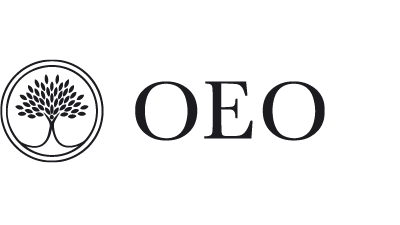
Google constantly update their search algorithms to improve the accuracy of their search results. As a result, a lot has changed in the world of SEO in recent years. This blog will debunk the myths that linger in this area to help you decide what is important and what is not.
Myth 1: Google Authorship will improve my clickthrough rates
Google dismantled Authorship in August 2014 – it no longer exists.
Myth 2: Sites must be submitted to Google in order to be found
Search engines like Google can find your site without submitting it, you don’t need to ‘tell’ them about it.
Myth 3: More links are better than more content
Content can be used across many formats such as web pages, blogs, guest posts on other sites which will bring more links with time. Increased quantity of links without a focus on quality may do more harm than good.
Myth 4: Having an HTTPS (secure) site isn’t important for SEO
Although currently affecting fewer than 1% of global searches, HTTP Secure provides the same functionality of the standard HTTP sites but with an added layer of security and will gain more importance in the future.
Myth 5: SEO is all about ranking
Ranking is not as important for click-through rates as it used to be – results appearing below the top 3 search results and towards the top of subsequent pages are getting much higher click-through rates than ever before.
Myth 6: Meta descriptions have a huge impact on search rankings
In 2009 Google announced that meta descriptions and keywords have no bearing on search rankings. They still have importance in separating your site from others by ensuring you have a compelling meta description to entice them in.
Myth 7: SEO is something I can pass over to IT
While there is a technical element to SEO, it requires a lot more than just that to run an SEO strategy.
Myth 8: Keyword optimisation is THE Key to SEO
Google is no longer trying to match the keywords you type into the search engine to the keywords of a web page – instead it is trying to understand the intent behind the words you type in.
Myth 9: Keywords need to be an exact match
As outlined in Myth 8, as Google is trying to understand the intent behind the words being used, keywords do not need to be an exact match and forcing them in can make for awkward reading.
Myth 10: Title Tag H1 is the most important on-page element
As long as the important concepts are up front and close to the beginning of your page, there is no need to get them into H1. In the past these have been over-spammed, reducing their efficacy.
Myth 11: My homepage needs a lot of content
Your homepage content should be long enough to clarify who you are, what you do, where you’re located, your value proposition and what visitors should do next. Do not over- or under-whelm them.
Myth 12: The more pages I have, the better
Those who strive to have lots of pages on their website tend to overlook the quality of that content and that is what has the most impact.
Myth 13: Local SEO doesn’t matter anymore
If you are a local business, optimising for local search won’t only help you get found, but will help you get found by people who are nearby and more likely to buy from you.
Myth 14: Microsites and other domains that I own that link back to my site will help my SEO
Search engines are smart enough to know who the registrants are for a domain and can match it with the primary domain.
Myth 15: Google will never know if I have bad sites linking to me
Yes they will – Google is like the all-seeing eye in this respect.
Myth 16: SEO is not a usability issue
Your content needs to be optimised for users rather than search engines. It will do you no good to be top of the rankings in search but unable to keep your potential customers on your site long enough to buy anything.
Myth 17: SEO and inbound marketing don’t mix
Inbound marketing aims to turn strangers into people who do business with you and SEO improves the number of those strangers who can see your site; one won’t work without the other.
The original version of this blog was published by Hubspot. Please click here to download their full SEO Myths ebook.
Waypoint is a Winchester marketing company specialising in delivering marketing strategy, content development and lead generation.
If you need help with your SEO, or any aspect of your digital marketing strategy, please call Waypoint on 01962 862760 or email info@waypointdigitalmarketing.com.

































